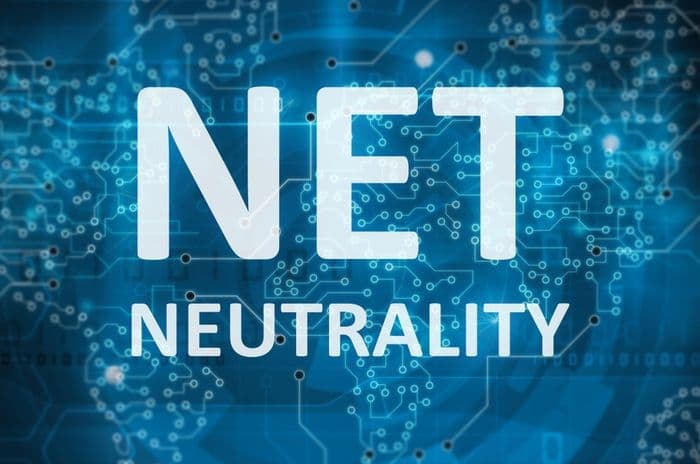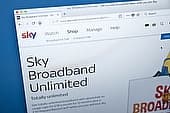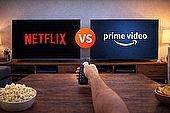Home > Broadband > News > America toughens up on broadband providers
America toughens up on broadband providers
AMERICA'S broadband providers are facing tough new rules after the Federal Communications Commission (FCC) voted in favour of an "open internet".

Both fixed and mobile broadband were broadly reclassified as a utility, giving the FCC greater powers over their regulation.
ISPs will now be forbidden from interfering with broadband speeds and they won't be able to prioritise paid content either, ensuring a more level playing field.
It's unlikely they'll give in easily though; America's Internet providers have been fighting these changes for years, and have already threatened to take legal action.
And as for the UK, the House of Lords wants us to follow suit.
In a report published this week, the Select Committee on Digital Skills said, "the Government should define the internet as a utility service that is available for all to access and use. This is the bedrock of digital competitiveness."
Net neutrality
The FCC, and numerous other supporters of the new rules, want all internet traffic to be treated equally, this is net neutrality.
At present, ISPs are known to charge big companies for the privilege of speedier content delivery.
Netflix, for example, forked over huge sums to Verizon and another ISP, Comcast to ensure fast streaming of their service to customers.
Those in favour of net neutrality say it isn't fair those with the most money to burn should get priority use of what is an essential service.
It's fitting then, that broadband in America has now been given a similar legal standing as other essentials like water and electricity.
Third time lucky?
This reclassification is the third time the FCC have tried to get net neutrality to stick.
In 2010 the FCC passed the Open Internet Order. While this order had less emphasis on net neutrality for mobile phones, the leading ISPs were not happy.
Comcast took the FCC to the appeals court where it was ruled it wasn't within their powers to stop Comcast from interfering with Internet traffic.
Then in 2014 Verizon took them to court. Again, the FCC lost, with Verizon allowed to slow down, speed up and block traffic as they saw fit.
It seemed the FCC were going to have to rewrite their net neutrality rules, but they had another solution up their sleeve.
At the Verizon court case, the judge basically said that because the ISPs weren't classified as "common carriers" the FCC couldn't regulate them under the Communications Act.
So yesterday the FCC did just that, reclassifying them as common carriers, in order to regulate them.
The rules
So what do the new rules stop?
- ISPs won't be able to block legal websites, applications, services or devices
- ISPs won't be able to take compensation in return for favouring some internet traffic over other traffic
But why would ISPs want to do these things in the first place?
The FCC Chairman, Tim Wheeler, said ISPs have the "technical ability and the economic incentive to impose restrictions on the Internet".
Basically, leaving things the way they were is good for profits.
One of the main arguments against the rule changes was that more regulation of the industry will deter investment in infrastructure.
But this seems an unlikely scenario. Many of the smaller ISPs are in favour of the changes - a good indication they will open up the market, improve competition, and therefore increase infrastructure.
Open and fair
In the UK, it's still allowed for ISPs to slow down broadband connections as they see fit - a convenient excuse when Internet speeds aren't up to scratch.
The good news is the average speed of fixed broadband is slightly better in the UK than in America.
And as we've covered previously, coverage of both mobile broadband and fixed broadband is improving, with ISPs now required to meet stricter deadlines for coverage areas.
While classifying broadband as a utility wouldn't necessarily be a bad move, it may not be a necessary one in the UK.
Arguably, current regulations of the industry already have the same effect on availability and competition.
But judging from the Select Committee on Digital Skills comments, and the FCC's decision, it does seem likely it'll come up for debate in the near future.
Receive consumer updates that matter in our newsletter

We are independent of all of the products and services we compare.

We order our comparison tables by price or feature and never by referral revenue.

We donate at least 5% of our profits to charity, and we aim to be climate positive.
Latest News

8 February 2026
TV licence to rise to £180 from April 2026
5 February 2026
Sky confirms April 2026 price rises for broadband and TVReceive consumer updates that matter in our newsletter



